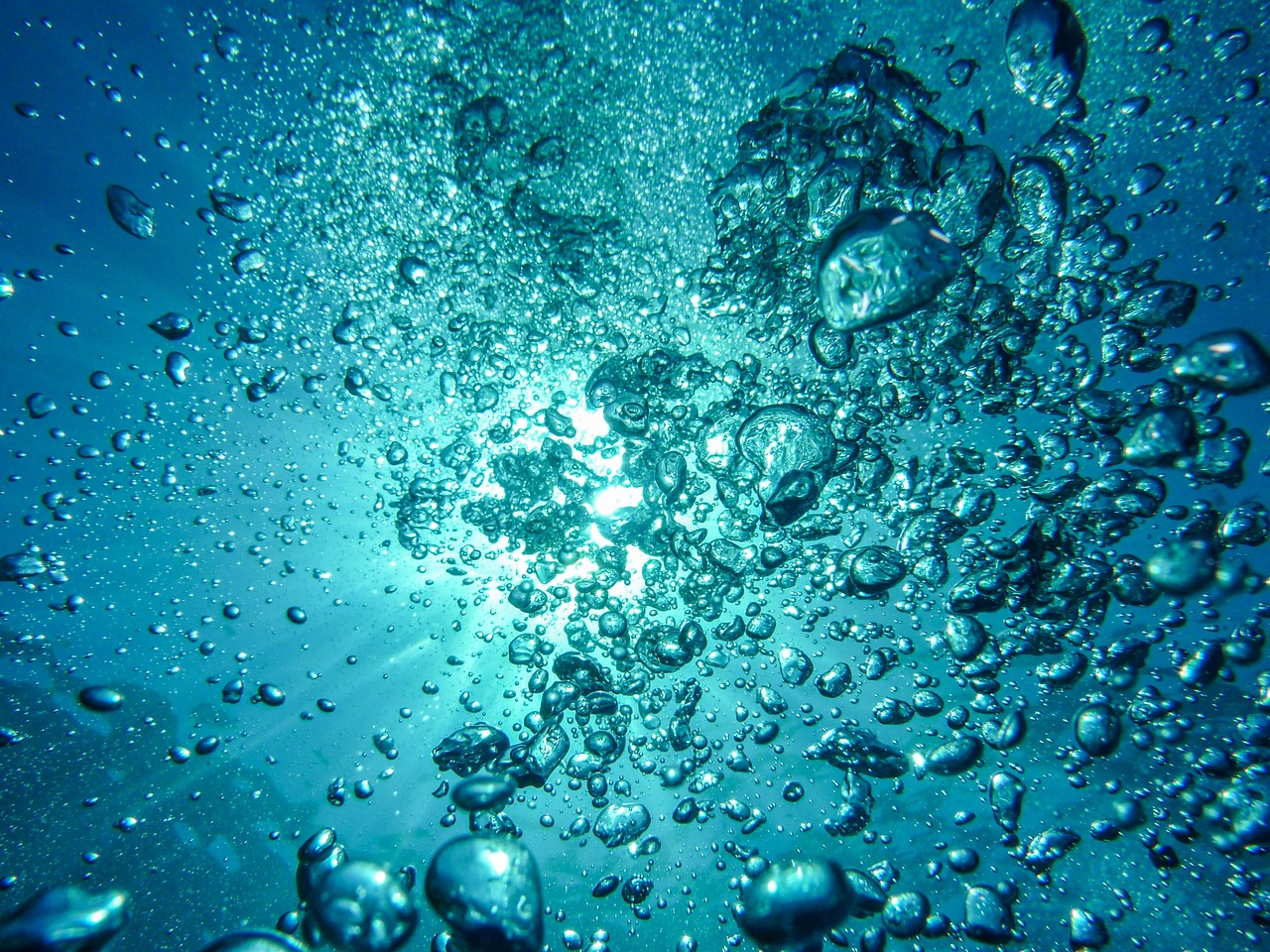

From Shivers to Science: Exploring Cold Water Therapy. I always wondered why I emerged lobster-red after a swim in the sea, or why shivers take hold all of a sudden? These common experiences with cold water must have at deeper physiological effects. Intrigued by the potential of cold water therapy, I embarked on an online course (yes, another course and I gained a cold water therapy diploma at the end), to delve into human physiology and uncover the science behind this practice.
Is cold water therapy worth the hype? Lets dive deeper and explore the science behind this chilling trend. Studies suggest cold water may enhance pre-workout endurance, improve recovery, and even promote better sleep. But is it right for you? New research on sex differences is emerging, thanks to scientists like Susanna Sonberg (Winter Swimming: The Nordic Way Towards a Healthier and Happier Life)and Dr Stacy Sims (Next Level). Learn how cold water therapy can be personalised for optimal results.
Ever heard of using the cold for health? Cold water therapy is gaining popularity, utilising low temperatures to target everything from skin tags to overall well-being. While traditionally found in hospitals for cryotherapy treatments, cold water therapy offers a more accessible at-home option.
The beauty of this approach lies in its adaptability. You can adjust the intensity by using colder water, varying the amount applied, or even choosing the application method. From Ice cold showers to full-body plunges in icy lakes to localised cooling gels, there’s a cold water therapy option for everyone.
It’s important to note that research on cold water therapy is still emerging. While many potential benefits are touted, more studies are needed to definitively confirm its effectiveness.

Cold water therapy boasts a surprisingly long and healthy history! Ancient Egyptians, Greeks, and Romans all utilised the power of cold for everything from wound healing to overall well-being.
Papyrus scrolls reveal Egyptians used ice and freezing water over 1,500 years ago to reduce inflammation and pain. The Greeks saw water’s potential as a “tonic,” with Hippocrates discovering the invigorating properties of cold water for digestion and more. Romans took it a step further, incorporating hot and cold water baths (frigidarium) into their daily routines to improve circulation and sharpen their senses.
Fast forward to the 19th century, James Arnott, considered the father of modern cryosurgery, experimented with freezing temperatures to treat ailments like cancer and headaches. Following Arnott’s lead, Archibald Campbell White utilised liquid air, reaching temperatures eight times colder than Arnott’s method, for even more effective treatment. While research continues, cold water therapy’s rich history demonstrates its enduring potential for health and wellness.
Cold water can be refreshing on a hot day, but it’s important to be aware of the dangers it poses. Our bodies lose heat much faster in water than in air, and even seemingly pleasant temperatures can lead to hypothermia if you’re not careful.
Here are some key facts about cold water:
Stay Safe in Cold Water:
Remember, cold water can be fun, but it’s important to be prepared and take safety precautions. By knowing the facts and following these tips, you can enjoy the water safely.
When you plunge into cold water, your body instantly activates the diving reflex, a series of automatic responses to conserve oxygen. This reflex, triggered by cold water on your face, prioritises your most vital organs.
Blood Redirection: The key player is vasoconstriction, where blood vessels narrow in your limbs and non-essential organs. This precious blood is then rerouted to your heart and brain, ensuring they receive a steady supply of oxygen.
Heart Rate Slowdown: To avoid blood pressure spikes from vasoconstriction, the vagus nerve instructs your heart to slow down (bradycardia). This creates a balanced system, maintaining blood flow without straining your heart.
Built-in Backup: Even while holding your breath, the diving reflex adapts. As oxygen levels drop, chemoreceptors in your arteries signal the brain, prompting a further heart rate decrease and blood vessel constriction. This ensures long-term stability for your vital organs.
The diving reflex is an incredible defence mechanism, safeguarding you during those unexpected dips into cold water.
Cold water therapy is a popular cooldown technique, but does science support the hype? Let’s explore its potential benefits.
Pre-Workout Cool Down: While the mechanism remains unclear, cold water immersion before exercise might enhance endurance in hot weather. Theories suggest it stabilises your internal temperature control system, delaying the onset of fatigue triggered by overheating.
Improved Performance: Studies show cold water immersion to be the most effective pre-cooling method compared to ice ingestion or cooling garments. It may lead to better exercise performance in hot environments.
Post-Workout Benefits: Cold water therapy might be superior to passive recovery for muscle recovery after intense workouts. Some studies suggest it reduces soreness and improves power output in subsequent workouts. However, the exact reasons are still under investigation.
Circulation: The impact of cold water on circulation is complex. It may cause short-term changes in blood flow by constricting peripheral blood vessels. More research is needed to understand the long-term effects.
Sex Differences: There’s evidence that women and men respond differently to cold water therapy. Women tend to vasodilate after exercise, pooling blood in the skin. Cold water immersion can help counteract this, improving blood flow to muscles.
Safety Note: Most studies have focused on male athletes. Women may require different protocols due to physiological differences. It’s important to consult a healthcare professional before trying cold water therapy.
The Verdict: Cold water therapy shows promise for improving pre-exercise endurance and post-workout recovery, especially for athletes. However, more research is needed, particularly regarding its long-term effects and impact on women.

Cold water therapy is a hot topic, but can it truly boost your mood and sleep?
Stress Less, Feel Better? The theory: cold water immersion triggers the fight-or-flight response, followed by a calming effect. This “cross-adaptation” might desensitise you to chronic stress, potentially reducing anxiety and depression.
Better Sleep? Cold showers might improve sleep by aligning your circadian rhythm. As your body temperature naturally cools in the evening, a cold shower reinforces this signal to your internal clock, promoting melatonine production and better sleep. However, some studies haven’t found a significant impact on sleep quality.The Verdict: While the science is promising, more research is needed to solidify the mental health benefits of cold water therapy. It may not be a magic bullet, but it could be a tool worth exploring alongside traditional therapies.
Cold water therapy has emerged as a fascinating tool with potential benefits for both physical performance and mental well-being. While research is ongoing, studies suggest it may enhance pre-workout endurance, improve post-workout recovery, and even influence sleep patterns.
If you’re curious about trying cold water therapy, consult with a healthcare professional to determine the right approach for you. Remember, listening to your body and starting gradually is key to experiencing the potential benefits of this invigorating practice.
Here are a couple of interesting books: from science to novels to swim/walks:
You must not rely on the information on this website as an alternative to medical advice from your doctor or other professional healthcare provider. If you have any specific questions about any medical matter you should consult your doctor or other professional healthcare provider.
Disclosure: Some of the external links in this post are ‘affiliate links’. This means if you click on the link and purchase the item, I will receive an affiliate commission directly from the vendor, but there will be no additional charge to you. Thank you for your support!
Sometimes it’s nice to put in text just to get an idea of how text will fill in a space on your website.